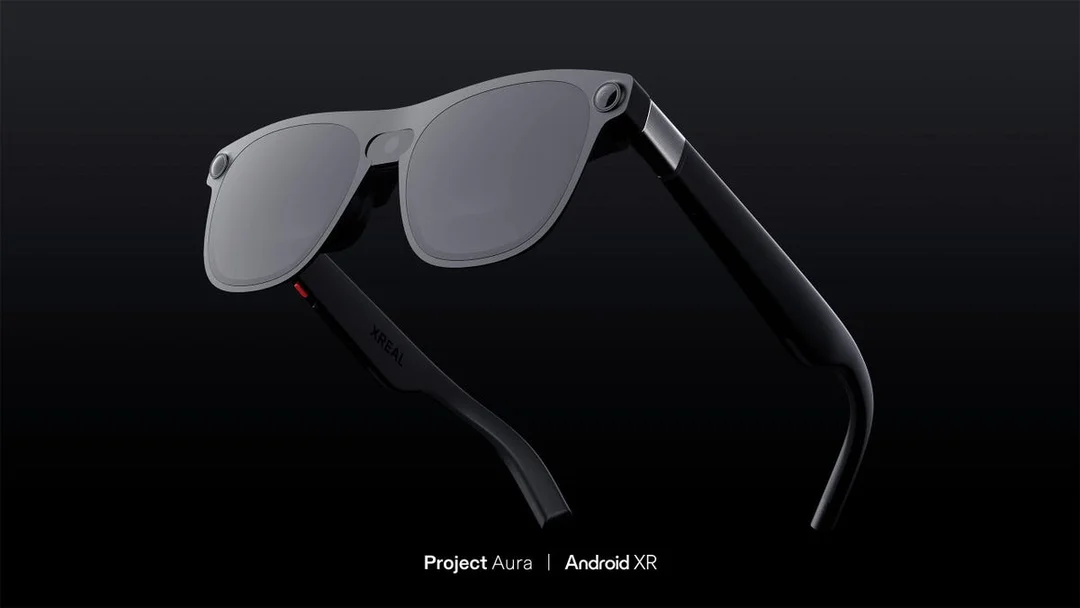
Google’s Android XR Glasses: A Bold Step Towards the Future of Wearable AI
Google is making a significant push into the realm of augmented reality (AR) with its upcoming Android XR glasses. Unveiled at Google I/O 2025, these AI-powered smart glasses promise to seamlessly integrate with your daily life, offering hands-free assistance and a glimpse into the future of wearable technology. This move could potentially redefine how we interact with information and the world around us.
The Android XR platform, which underpins both headsets and glasses, is designed to leverage the power of Gemini, Google's cutting-edge AI model. According to Google, the glasses, equipped with cameras, microphones, and speakers, will work in tandem with your phone, providing access to apps and information without the need to reach into your pocket. An optional in-lens display will present helpful information discreetly.

One of the key features demonstrated at Google I/O was the ability to use the glasses for navigation. Imagine walking down a city street and having directional cues overlaid directly onto your field of vision, similar to a heads-up display in a car. Other functionalities include real-time language translation, message visualization, and hands-free photo capture via voice commands.
Google emphasizes that Android XR glasses are designed to work alongside your existing smartphone, syncing contacts, messages, and notifications. This approach aims to minimize the power load and weight of the glasses, as much of the computing is handled by the phone. This is crucial for creating a wearable device that people will actually want to wear all day.
To ensure the Android XR glasses are both functional and fashionable, Google is partnering with eyewear brands like Gentle Monster and Warby Parker. This strategy mirrors Meta's approach with Ray-Ban smart glasses. Google plans to release the Android XR glasses later this year.
Xreal, another smart eyewear company, is also collaborating with Google on Project Aura, AR glasses built using Android XR technology. These glasses will use optical see-through technology to enhance the AR experience and include a widened 70-degree field of view. Further details about Project Aura are expected at the Augmented World Expo in June.
Shahram Izadi, the head of Android XR, believes that XR will be the next frontier for Gemini and AI. He envisions an ecosystem where glasses and smartphones complement each other, with XR playing an increasingly important role. Google's long-term vision includes extending Android XR to glasses as well.
Google is also working with Samsung on Project Moohan, a mixed-reality VR headset expected to launch in 2025. This partnership showcases Google's commitment to both AR and VR technologies within the Android XR ecosystem.
The Android XR glasses represent a bold step towards a future where AI is seamlessly integrated into our everyday lives. Will these glasses finally convince consumers to embrace wearable AR technology? Only time will tell. Leave a comment below sharing your thoughts and expectations for Android XR glasses!